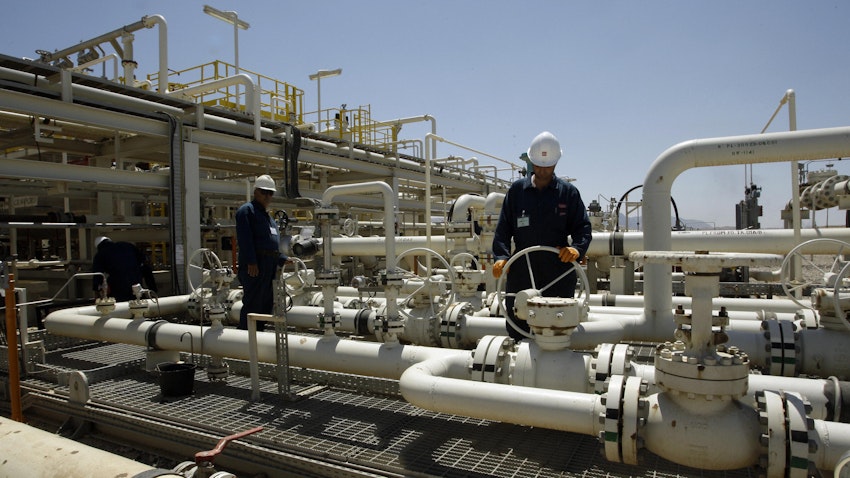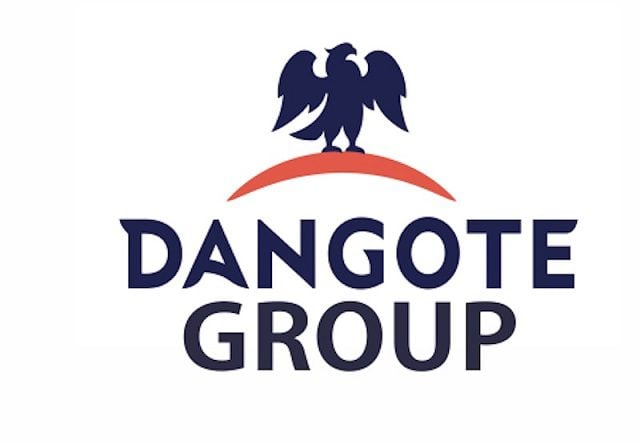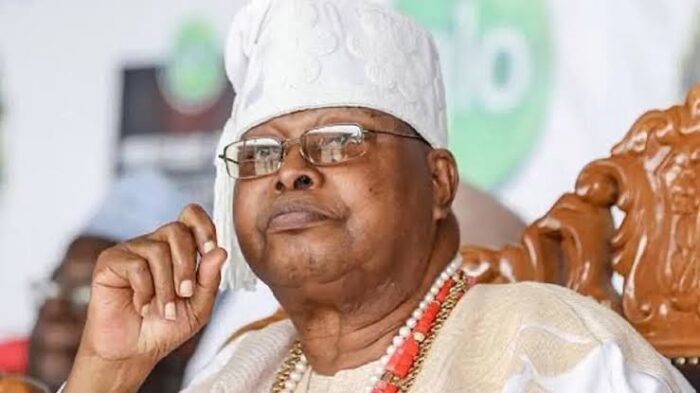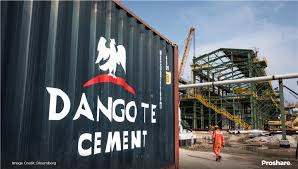China’s economy expanded by 5.2% in the second quarter of 2025, driven largely by strong export performance, according to data released Tuesday by the National Bureau of Statistics (NBS). While the growth matched analysts’ expectations and exceeded the government’s annual target, concerns remain over weakening consumer demand and broader economic vulnerabilities.
The April-to-June figure marked a slight slowdown from the 5.4% growth recorded in Q1, which had been buoyed by accelerated exports ahead of increased U.S. tariffs. The deceleration has sparked fresh concerns among analysts, who warn of headwinds in the second half of the year, particularly as domestic consumption remains subdued.
“The national economy withstood pressure and made steady improvement despite challenges,” said NBS Deputy Director Sheng Laiyun. He noted progress in employment, household income, and the development of new growth drivers.
Retail sales rose just 4.8% in June—below market forecasts—signaling that recent efforts to stimulate consumer spending have yet to gain meaningful traction. Meanwhile, factory output climbed 6.8%, exceeding expectations and reflecting sustained global demand for Chinese goods.
However, the strength in exports may be contributing to deflationary pressures, with factory gate prices falling at their fastest pace in nearly two years. While consumer prices edged up last month, analysts say more structural reforms are needed to transition toward a consumption-led growth model.
“Recent initiatives, such as trade-in schemes for consumer goods, offered temporary support but lacked long-term sustainability,” said Sarah Tan of Moody’s Analytics.
Zichun Huang of Capital Economics echoed these concerns, warning that with export momentum likely to ease and fiscal support fading, growth may slow further later this year.
Despite a framework agreement reached between China and the U.S. in London last month, uncertainty persists. Washington’s renewed tariff regime under President Donald Trump is seen as a lingering threat to China’s trade-reliant sectors.
NBS’s Sheng remained defiant, stating, “We are resolved to handle our own affairs well,” while acknowledging external pressures including “high tariffs.”
Economists say the first-half performance reflects resilience but caution that “trade frontloading will overdraw demand for the second half,” according to Yue Su of the Economist Intelligence Unit.










